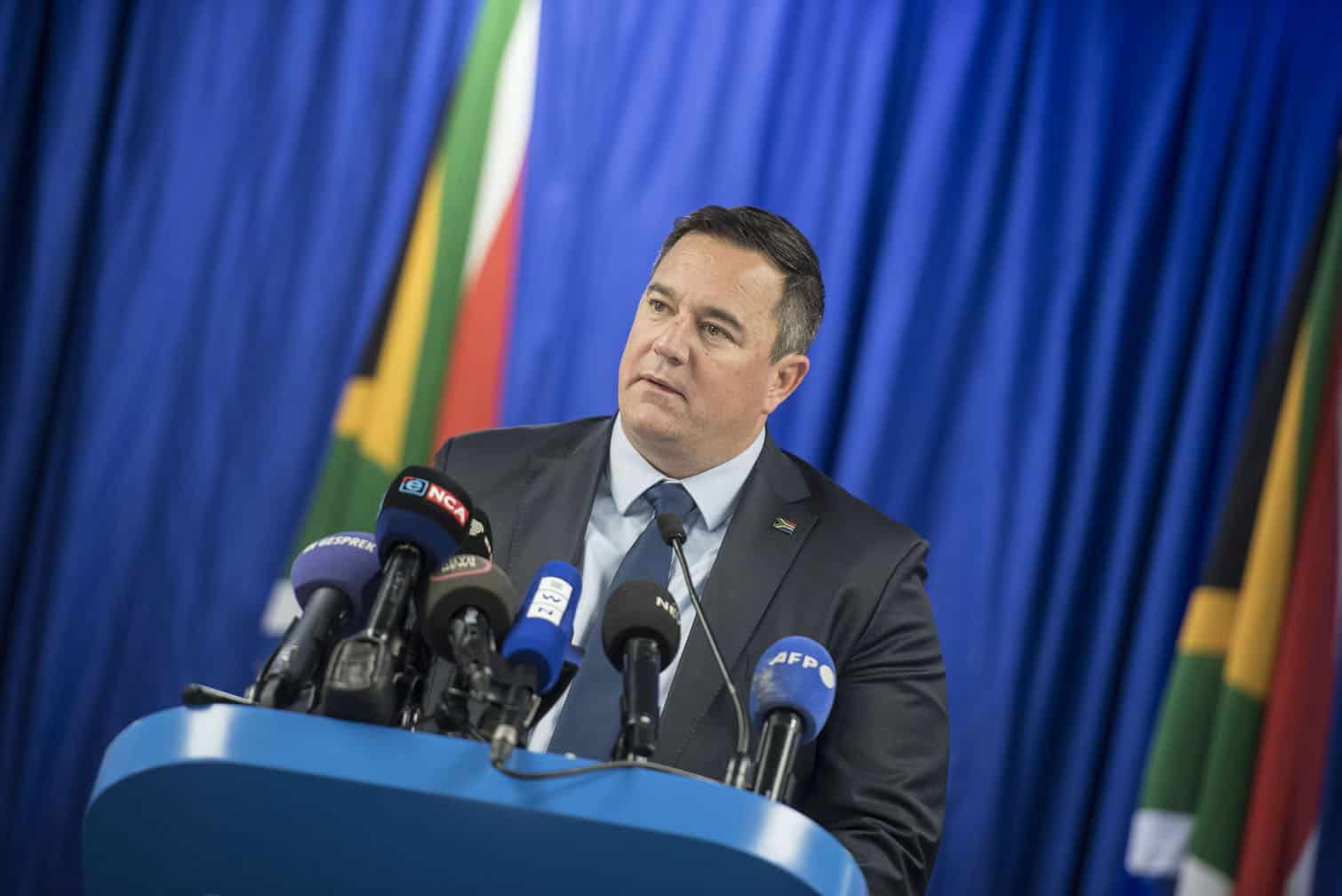Although the DA wants to get rid of B-BBEE, political analysts say the policy should not be scrapped yet.

Despite concerns about the broad-based black economic empowerment (B-BBEE) policies in South Africa, some economists and political analysts believe this policy can still benefit many black people.
On Monday, DA leader John Steenhuisen said his party is declaring war on the B-BBEE system.
Other political parties, such as the Freedom Front Plus (FF+), have criticised the policy, describing it as dysfunctional and only benefiting a few politically connected people.
They also claim it has not helped create work opportunities for the majority of previously disadvantaged people.
Why B-BBEE is seen as a failure
However, Sanet Solomon, a political analyst from Free State University (UFS), believes that this policy can still work if implemented properly.
“It is important to note that B-BBEE is not a form of affirmative action favouring a singular group, but rather legislation aimed at helping marginalised groups enter sectors in which they are underrepresented.
“If it is implemented correctly, it could assist large portions of society,” she said.
The problem, she said, is that the B-BBEE policy has been manipulated by some individuals.
“Despite the continued updates to legislation, individuals and groups have still managed to find loopholes to bypass what could be a beneficial policy and system.
She said this creates the impression that B-BBEE is “an absolute failure”.
ALSO READ: Ramokgopa dismisses claims US tariffs target BEE policy but admits it needs ‘tweaking’
Solomon said when this legislation was introduced in 1994 it had good intentions of leveling the scales between black and white South Africans.
“The introduction of the BEE was needed post-1994 to remedy the impact of South Africa’s apartheid legacy.
“Despite their good intentions, these policies have been utilised to abuse the country’s procurement policies, which have resulted in high levels of bureaucracy and the prominence of entrepreneurs who are solely dependent on state contracts,” she said.
Because of this, the political analyst said, B-BBEE has consequently failed emerging entrepreneurs and small businesses instead of assisting them.
What will replace B-BBEE?
Prof Ntsikelelo Breakfast, a political analyst from Nelson Mandela University (NMU), told The Citizen that he also believes B-BBEE should not be scrapped.
“The policy has not achieved its desired outcome but that does not mean there is no need for black people to get empowered. One can also argue that it has created a scope for corruption coupled with the privatization of services.
“But if you do away with the policy then how do you make sure that black people are part of the main stream economy on a large scale, and how do you make sure that black people are entrenched in the commanding heights of the economy,” he said.
Breakfast said the application of B-BBEE has been problematic.
“The people who have benefited from this policy are normally associated with the ruling party, this includes people like Ramaphosa, Tokyo Sexwale and other big names. Those are people who have benefited on a large scale,” he said.
The DA does not see colour?
Breakfast, said the DA’s view is that they do not see colour when it comes to crafting their policies.
“They are moving from the premise that they do not believe in racial categorisation or racial classification. They have the philosophical tradition of non-racialism, meaning that they are colour blind.
“The agreement they are using against this law they are also using it against affirmative action or the Employment Equity Act,” he said.
Who benefits from B-BBEE?
Breakfast said B-BBEE was intended to benefit women, people with disabilities and all groups that were previously disadvantaged before 1994.
“There are seven pillars of this law before a business is awarded to you; you must meet those requirements,” he said.
Prof Dirk Kotze, a political analyst from the University of South Africa (Unisa) said opposition parties such as the DA are not opposed to the empowerment of black people. But instead, are against the negative effects of the law.
“It’s not about the principle; it’s about the policies. Even inside the the ANC this has been discussed,” he said.
Kotze said there is a view that B-BBEE has failed to ensure that businesses that are completely black-owned grow and get listed on the Johannesburg Stock Exchange (JSE).
“There is a view that it hampers the development of black companies,” he said.
ALSO READ: Economists question if SA has a plan for US tariffs, Tau says here it is
Economists weigh in
Meanwhile, economist Makwe Masilela told The Citizen that he believes that the policy should not be scrapped.
“The issue with B-BBEE is that it’s perceived to benefit the few, and honestly, there’s some element of truth in that.
“But that doesn’t mean it must be scrapped instead. We need to make sure that the implementation thereof gets done in such a way that the policy meets the intended purpose.
“I guess just like any other policy, if not implemented correctly or allowed to be abused, then it’s expected that people will start to be against it,” he said.
Another economist, Dawie Roodt, said the problem with B-BBEE is that it was now empowering the rich.
“It does not empower the majority of people but it empowers that few select individuals who are fabulously rich, so we have to get rid of this nonsense called BEE and ensure that government empowers its citizens and not a select few.
“It turned out completely wrong and I am opposed to the way we apply BEE in South Africa,” he said.
According to Roodt, real empowerment means equipping the country’s citizens with skills and education. He said a functional state that delivers services will create a conducive environment where black people can prosper.
NOW READ: DA declares war on B-BBEE system
Support Local Journalism
Add The Citizen as a Preferred Source on Google and follow us on Google News to see more of our trusted reporting in Google News and Top Stories.








